1. Keeping the Fridge Door Open While Deciding What to Eat
The University of Florida’s Institute of Food and Agricultural Sciences estimates that 7% of the total energy consumed by a refrigerator is due to keeping the door open.
So, when you’re getting food out, try to do it as quickly as possible. It’s best to plan what you need and where it is in the fridge before opening the door.
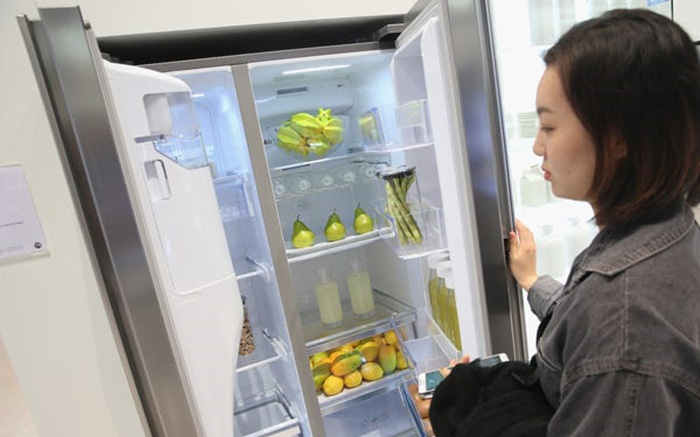
2. Storing Warm Leftovers in the Fridge
Putting a pot of hot soup in the fridge can waste energy, up to a hundred times more than simply opening the door to get something. This example alone shows how wasteful it is to put warm food in the fridge.
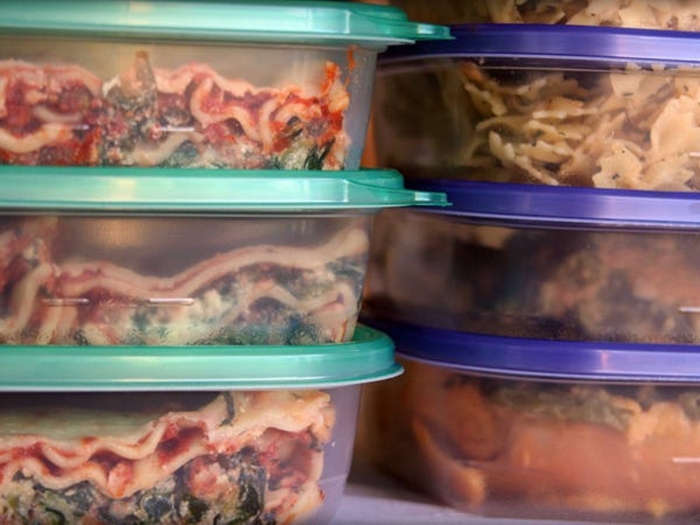
3. Plugging in Devices That Aren’t in Use
Leaving devices plugged in when not in use wastes energy. According to the US Department of Energy, electronic devices still use power even when turned off. So, remember to unplug chargers, laptops, TVs, irons, and kitchen appliances after use.
4. Cooking Without a Lid on the Pan
The US Department of Energy advises that keeping a lid on what you’re cooking will help food cook faster. You’ll use less energy overall.
Using a pan that fits the size of the electric/induction cooker is also an energy-saving tip.
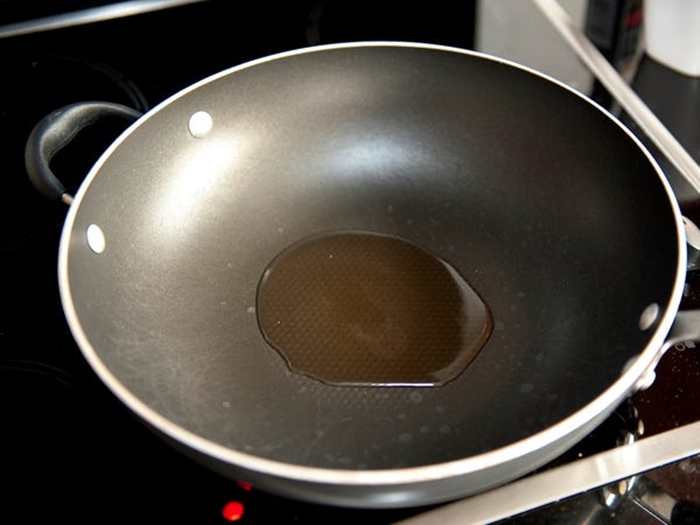
5. Setting the TV Brightness Too High
If your room isn’t too bright, turn down the brightness on your TV. The US Department of Energy suggests that changing the screen brightness setting to “standard” can reduce energy use by up to 30%.

6. Taking Long Showers
It’s tempting to linger and enjoy the warmth of the shower, but those extra minutes increase your water and electricity bills.
According to the US Department of Energy, water heaters can account for up to 12% of a household’s energy bill. So, keeping shower time short helps reduce energy waste.

7. Using the Dry Cycle on Your Dishwasher
The US Department of Energy notes that the drying cycle on your dishwasher is a sneaky energy waster.
Instead of using valuable energy to dry your dishes, simply air-dry them on a rack or give them a quick wipe with a clean cloth. To save even more time, just open the dishwasher door and let them air-dry before putting them away.
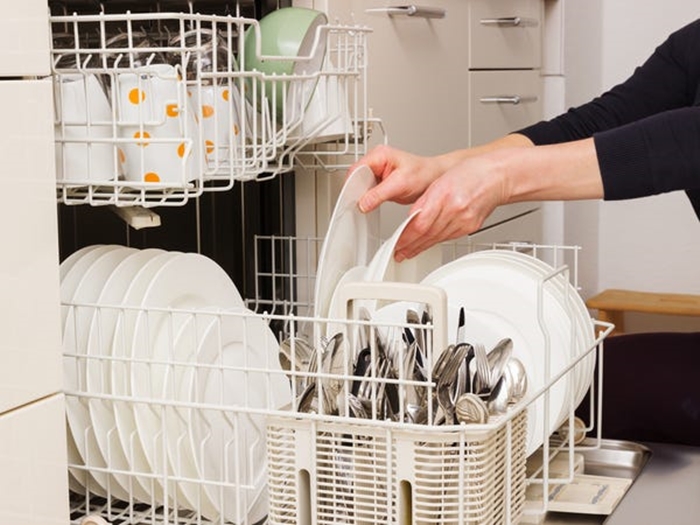
8. Washing Clothes in Hot Water
Modern washing machines are designed to clean your clothes effectively with cold water. Heating water can use up to 90% of the energy needed to run the machine. So, unless your clothes are particularly dirty, opt for a cold water setting to save energy.
Even for greasy stains, warm water (not hot) will do the trick.
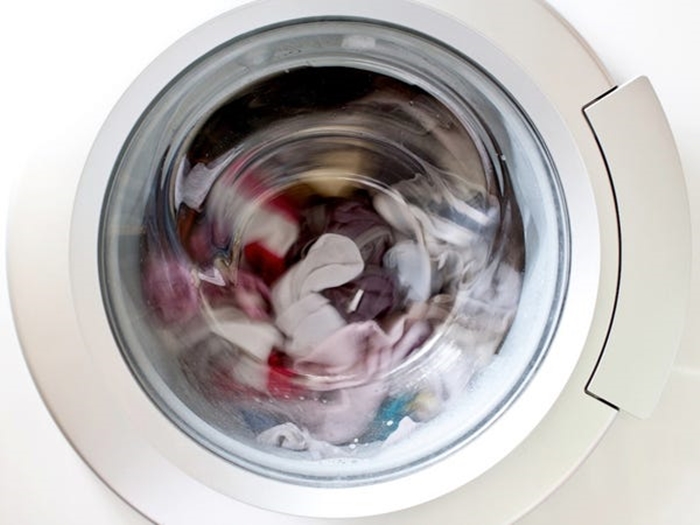
According to Nhịp Sống Việt






























